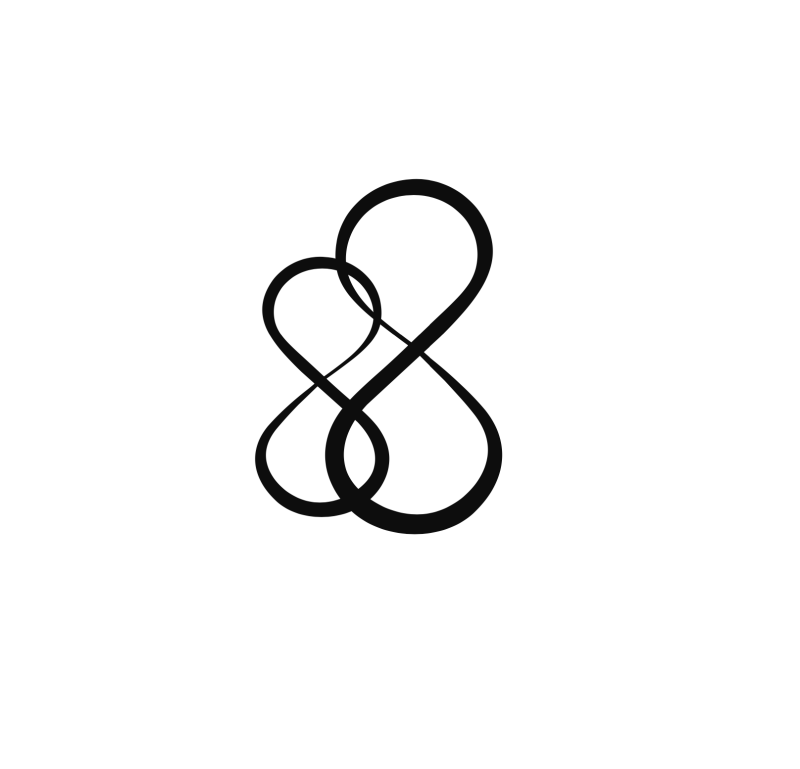Herbal medicine and conventional Western pharmaceuticals represent two fundamentally different approaches to treatment. While both aim to improve health, they differ in composition, philosophy, action on the body, and long-term impact on wellness.
1. Composition: Whole Plants vs. Isolated Chemicals
Conventional medicine typically relies on single active compounds—synthetically produced or extracted—that target specific biochemical pathways. For example, ibuprofen blocks COX enzymes to reduce inflammation and pain. While effective, this approach may create imbalances or side effects due to the narrow, forceful action of isolated chemicals (Lown, 2016).
In contrast, herbal medicine uses the whole plant or combinations of plants, containing a complex array of phytochemicals—alkaloids, flavonoids, terpenes, and more—that work synergistically. This broad-spectrum activity supports the body in a more balanced, regulated way. For example, Turmeric (Curcuma longa) not only reduces inflammation through curcumin but also supports antioxidant pathways and gut health (Gupta et al., 2013).
2. Philosophy: Root Cause vs. Symptom Suppression
Pharmaceuticals are designed for rapid symptom control. While life-saving in acute or emergency situations, this approach can overlook the underlying imbalance that caused the issue—leading to recurrence or dependence.
Herbal medicine focuses on identifying and treating the root causes of illness. This includes addressing inflammation, hormonal dysregulation, poor detoxification, or chronic stress. For example, Vitex agnus-castus (Chasteberry) works by modulating the hypothalamic-pituitary-ovarian axis to restore menstrual regularity, rather than simply masking symptoms with synthetic hormones (Schellenberg, 2001).
3. Safety and Tolerance
Synthetic medications are often associated with side effects, particularly with long-term use (e.g., NSAIDs and gut issues, statins and muscle pain). Herbs, when prescribed correctly, tend to have a gentler safety profile and are better tolerated by the body over time (Ernst, 2004). Their polypharmacological nature (multiple compounds acting in multiple ways) can buffer against adverse effects, as they support rather than override the body’s systems.
That said, herbal medicine requires clinical knowledge—some herbs can interact with pharmaceuticals (e.g., St. John’s Wort can affect drug metabolism), and quality control is essential to ensure purity and potency (Izzo & Ernst, 2009).
4. Prevention and Chronic Care
Conventional medicine excels in acute care—infections, trauma, or emergency surgery. However, for chronic conditionslike hormonal imbalance, fatigue, IBS, or autoimmune issues, pharmaceuticals often offer symptom control without deep restoration.
Herbal medicine is ideally suited for chronic care and prevention, working with the body’s natural rhythms over time. Adaptogenic herbs like Ashwagandha and Rhodiola have been shown to regulate stress hormones, enhance energy, and improve mental resilience without overstimulating the nervous system (Panossian & Wikman, 2010).
Why Choose Herbal Medicine?
-
Holistic Healing: Treats the person, not just the disease.
-
Supports Homeostasis: Restores balance in the body’s systems.
-
Fewer Side Effects: When prescribed responsibly, herbs are generally safer and better tolerated.
-
Sustainable and Natural: Derived from nature, not synthesized in a lab.
-
Personalized: Herbal formulas can be tailored to your constitution and condition, especially in traditions like Traditional Chinese Medicine or Western herbalism.
Conclusion
While both herbal and conventional medicines have their place, herbal medicine offers a deeper, more sustainable approach to healing. It supports the body in correcting imbalances naturally, often with fewer risks and side effects. Especially for women’s health, hormonal balance, digestion, and stress, herbal remedies provide effective, evidence-based alternatives to synthetic drugs.
Key References:
-
Gupta, S. C., et al. (2013). Therapeutic roles of curcumin: lessons learned from clinical trials. AAPS Journal.
-
Schellenberg, R. (2001). Treatment for the premenstrual syndrome with agnus castus fruit extract: prospective, randomized, placebo-controlled study. BMJ.
-
Panossian, A., & Wikman, G. (2010). Effects of adaptogens on the central nervous system and the molecular mechanisms associated with their stress—protective activity. Pharmaceuticals.
-
Izzo, A. A., & Ernst, E. (2009). Interactions between herbal medicines and prescribed drugs: a systematic review.Drugs.
-
Lown, B. (2016). Overmedication and polypharmacy: a modern epidemic. BMJ.
-
Ernst, E. (2004). Risks of herbal medicinal products. Pharmacoepidemiology and Drug Safety.



